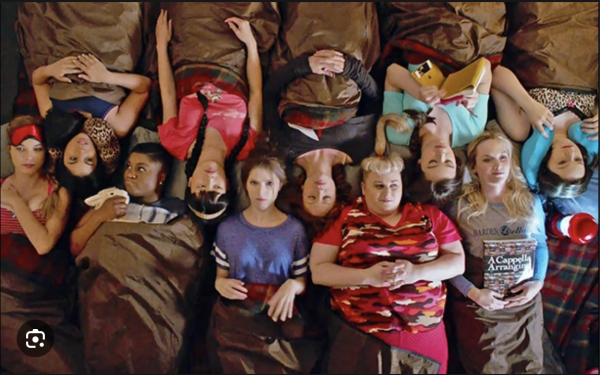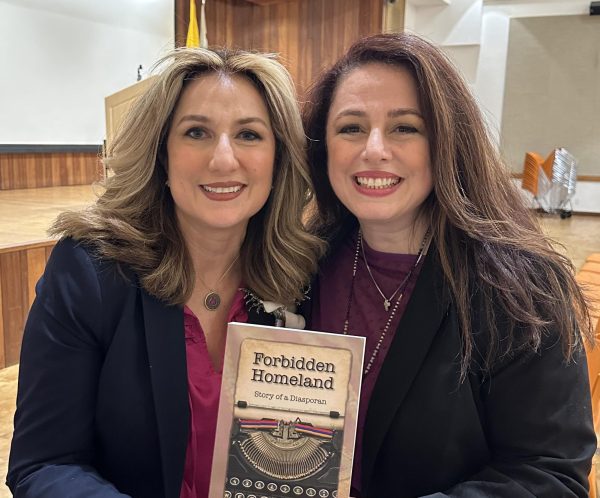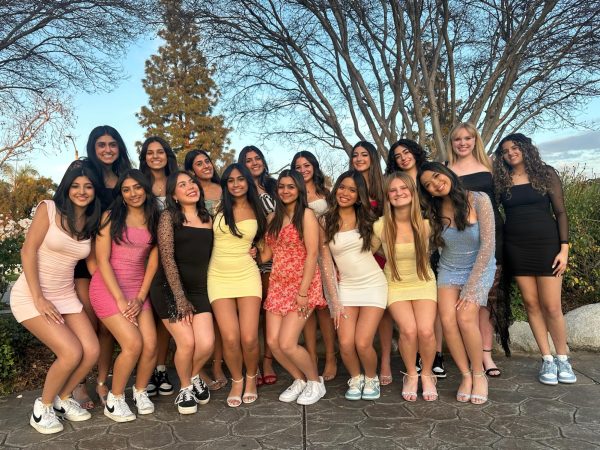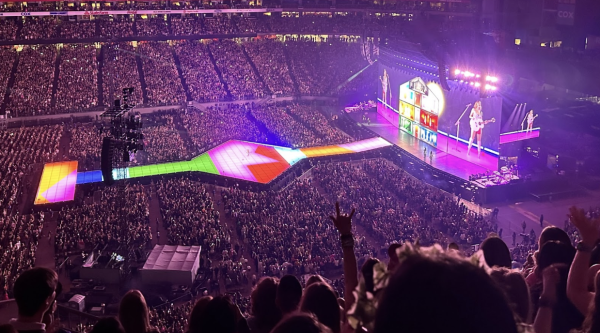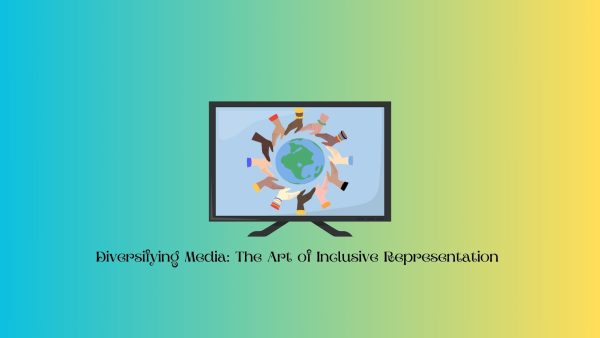Has social media made us more self-centered?
Social media has made us more self-centered.
January 22, 2018
Worldwide, social media has dominated the lives of people in the past few years. Even those who do not use social media have been exposed to it in some way. Social media has benefits- simpler ways for keeping in touch, broadcasting yourself and your talents, communicating with others- and negative consequences- cyberbullying, halted communication, laziness. But one of the consequences of social media that I feel is usually ignored is the increased narcissism of social media users.
With social media networks like Instagram or Twitter or even Facebook, users are encouraged to express themselves. Often times though, a person’s social media becomes a way to promote themselves. Pictures that are posted completely misrepresent that person’s life, adding only “cute” pictures or selfies, and essentially making that person’s life look perfect. It’s as though social media has become a way for people to create a fake life for themselves, like a simulation rather than real life. W. Keith Campbell, a professor of psychology at the University of Georgia, points out that “even the names and taglines of many social media sites seemed to reflect this narcissistic, or at least individualistic, bent [for example] Youtube: ‘broadcast yourself,’ Twitter: ‘what are you doing?,’ and ‘iPod,’ ‘iPad’ and ‘iPhone’”(The Conversation). All of these promote egocentric behavior from their users. Mary Liu (11) offers a different opinion: she believes that the pros of social media outway the cons and that “it makes us interact more easily” and to “connect people.”
The growing popularity of the selfie only encourages this self-centeredness. Last year alone, about 24 billion selfies were posted, according to Google. Social media only encourages this with the countless available filters, including those that hide people’s imperfections. These filters give people an unrealistic image of both themselves and others. The number of “friends” on social media is also a huge ego boost for people’s self-esteem. As a result, they add people they’ve talked to maybe once or twice with the sole purpose of having more followers. Some people have even gone so far as to pay for followers to make themselves seem more popular. And what for? One could argue to broaden their connections. However, I believe it is usually solely for personal validation or attention. It has not officially been proven that social media causes narcissism, though studies do suggest that those who are already narcissistic do have increased narcissism.
On that note, it is still important to realize that no one’s life is as perfect as they may make it appear on social media. It is understandable that people want to showcase their accomplishments and special events in their lives with pictures and posts. Keep in mind that these pictures often take at least 20 times (or more) to be post-worthy, and they only reflect how a person wants to be seen, not how they actually are. Social media is not the most reliable source for learning about a person; instead, tangible interactions provide a better idea.













